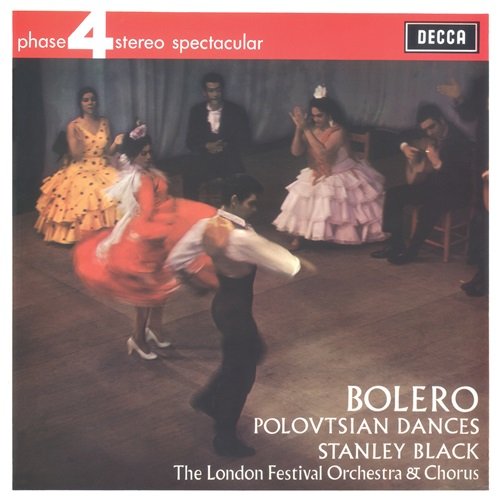Catherine Jones, Mary-Ellen Nesi, Alan Curtis & Il Complesso Barocco - Leo, Pergolesi & Scarlatti: Salve Regina (2009)
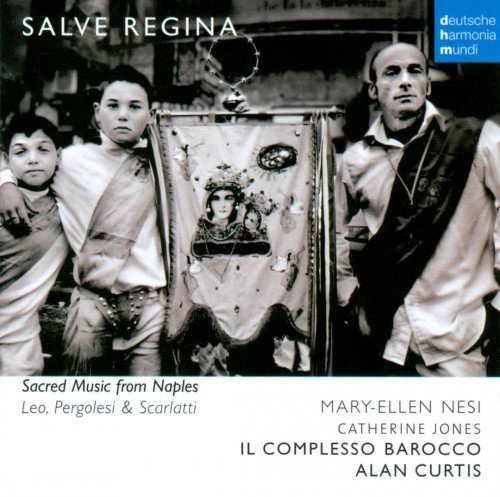
Artist: Catherine Jones, Mary-Ellen Nesi, Alan Curtis, Il Complesso Barocco
Title: Leo, Pergolesi & Scarlatti: Salve Regina
Year Of Release: 2009
Label: Deutsche Harmonia Mundi / Sony Music
Genre: Classical
Quality: APE (image + .cue, log, artwork)
Total Time: 67:42 min
Total Size: 355 MB
WebSite: Album Preview
Tracklist:Title: Leo, Pergolesi & Scarlatti: Salve Regina
Year Of Release: 2009
Label: Deutsche Harmonia Mundi / Sony Music
Genre: Classical
Quality: APE (image + .cue, log, artwork)
Total Time: 67:42 min
Total Size: 355 MB
WebSite: Album Preview
Leo: Salve Regina in C Minor:
01. I. Largo
02. II. Allegro
03. III. Adagio e piano
04. IV. Lento
05. V. Larghetto
06. VI. Largo
Leo: Salve Regina in F Mjor:
07. I. Largo
08. II. Allegro
09. III. Largo
10. IV. Allegretto
11. V. Largo
Leo: Concerto for Cello, Strings and Basso Continuo in D Minor:
12. I. Andante grazioso
13. II. Con spirito
14. III. Amoroso
15. IV. Allegro
16. A. Scarlatti: Salve Regina in C Minor for Mezzo-Soprano, Strings & Organ
Pergolesi: Salve Regina in C Minor:
17. I. Largo
18. II. Andante
19. III. Largo
20. IV. Andante
21. V. Andante amoroso
22. VI. Largo assai
Pergolesi: Salve Reginain A Minor:
23. I. Largo
24. II. Allegro
25. III. Larghetto
26. IV. Andante
27. V. Largo
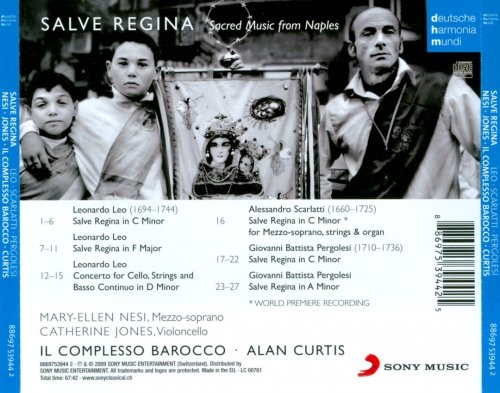
Equally known for his live performances and musicological work in establishing new performing practices for early opera, Alan Curtis enjoyed a fruitful career. A scholar, as well as a conductor and harpsichordist, Curtis edited several important works with an appreciation for authenticity, effective performance, and -- in the case of opera -- stage-worthiness. Several of his best recordings were issued in the 1990s and in the new millennium. Curtis studied first at Michigan State University and attained his bachelor's degree there in 1955. His graduate study at the University of Illinois was interrupted after the completion of his master's program by two years of study with Gustav Leonhardt in Amsterdam. Following his work with the master harpsichordist, organist, and conductor, Curtis returned to the University of Illinois to complete his doctorate, awarded in 1963. By this time, he had already published several scholarly texts that had attracted the interest of the growing period performance movement. His doctoral thesis on Sweelinck quickly became a standard text on that composer's works for keyboard and later formed the basis for Curtis' more extended volume, published in 1969. At the University of California at Berkeley, Curtis was hired as a teacher in 1960, thereafter advancing to full professor by 1970. During that decade, Curtis took advantage of increasing opportunities to put into practice the results of his research; he achieved a reputation as an accomplished harpsichordist and, increasingly, as a conductor of seventeenth and eighteenth century opera. A recording of Monteverdi's L'Incoronazione di Poppea was heralded as an antidote to less authentic realizations. Equally, it demonstrated just how vital period performance could be when shorn of Romantic-period excesses. While continuing his instructional work and music research in academia, Curtis performed as a conductor and harpsichordist both in America and Europe. A 1980 La Scala debut conducting Handel's Ariodante led to other significant engagements in Italy. In 1984, Curtis conducted Gluck's Armida, then not often heard, in Bologna, and in 1989, he led Cimarosa's even rarer Gli Orazi ed I Curiazi in Rome. In the aftermath, Curtis founded the ensemble Il Complesso Barocco and recorded many operas with the group.
Related Release:

![Eshon Burgundy - Safe Place (Bossa Nova Jazz) (2025) [Hi-Res] Eshon Burgundy - Safe Place (Bossa Nova Jazz) (2025) [Hi-Res]](https://www.dibpic.com/uploads/posts/2025-12/1766079194_cover.jpg)
![Xavi Torres - Amsterdam Magic (2025) [Hi-Res] Xavi Torres - Amsterdam Magic (2025) [Hi-Res]](https://www.dibpic.com/uploads/posts/2025-12/1766061682_cover.jpg)
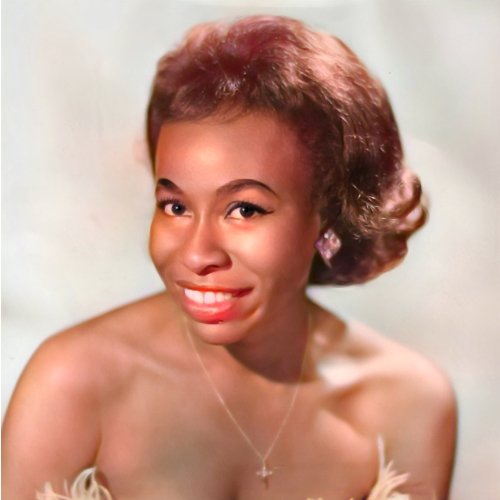
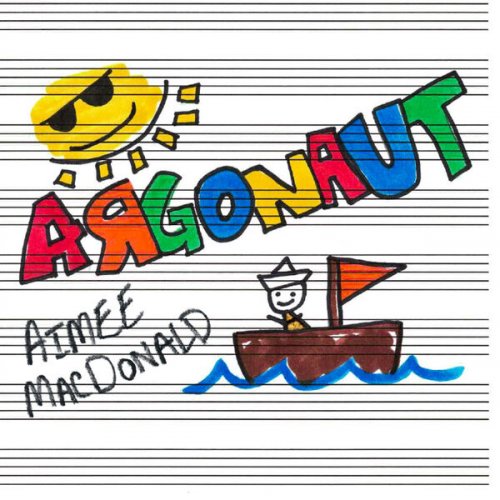
![Dave Holland - Emerald Tears (1977/2025) [Hi-Res] Dave Holland - Emerald Tears (1977/2025) [Hi-Res]](https://www.dibpic.com/uploads/posts/2025-12/1765891427_cover.jpg)
